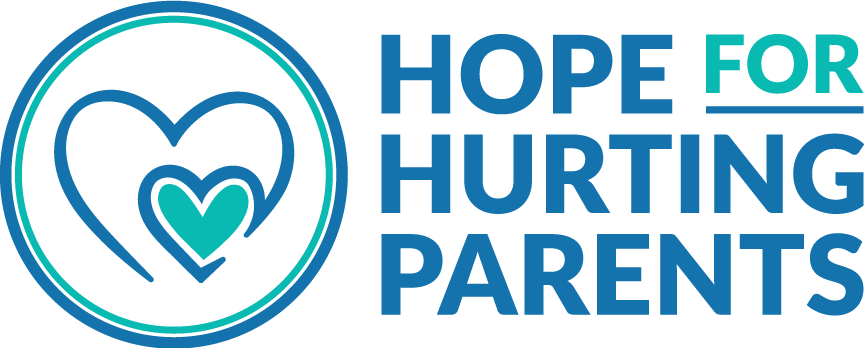
photo cred. pexels
Today’s post is part 4 in a series on mental illness. Being a parent today is tough. But sometimes parenting can be super-tough. Have you observed unreasonable fears or unexplainable episodes in your son or daughter that caused you to wonder if something more was wrong than merely having a bad day?
If so, they may have a panic or anxiety disorder.
My daughter began to show signs of high anxiety in high school. Her behavior baffled me. I couldn’t figure out what was going on. Was she over-reacting or trying to get attention?
The symptoms of panic disorder can be distressing and mysterious. You know something’s wrong, but can’t put your finger on it. If this is your situation, you might find this information helpful. As overwhelming as aa panic disorder can be, please be encouraged to know this mental health challenge is highly treatable.
According to the National Alliance on Mental Illness, my source of this information (nami.org), panic disorder is an anxiety disorder characterized by unexpected and repeated episodes of intense fear accompanied by physical symptoms including chest pain, heart palpitation, shortness of breath, dizziness, or abdominal distress. These episodes, called panic attacks, are uncontrollable panic responses to ordinary, non-threatening situations. They’re the defining symptom for this disorder. More than two million American adults ages 18 – 54 will be diagnosed with panic disorder in a given year. Those numbers are 25-20% higher since the pandemic. And this disorder typically develops in late adolescence or early adulthood.
Many who are diagnosed with panic disorder develop intense anxiety between episodes. For example, it’s not unusual for a person living with this to develop phobias about supermarkets or other everyday places and situations associated with past episodes. Usually long-term, distressing, and restrictive, phobias can lead to other serious problems, such as depression. As the frequency of panic attacks increases, a person may begin to avoid situations where they fear another attack may occur or where help would not be immediately available.
SYMPTOMS

photo cred. Dena Yohe
A person who experiences four or more panic attacks in a four-week period is said to be experiencing panic disorder. This may also be indicated if a person experiences fewer than four episodes but has recurrent or constant fears of having another attack. To be diagnosed, a person must experience at least four of the following symptoms during a panic attack: sweating, hot or cold flashes, choking or smothering sensations, racing heart, labored breathing, trembling, chest pains, faintness, disorientation, or feelings of dying, losing control, or losing one’s mind. As you can see, this is a debilitating and frightening experience. You may have experienced this yourself at some time.
CAUSES
Panic disorder appears to run in families and can be inherited. This suggests that there can be a genetic predisposition. Biological theories point to possible physical anomalies in a person’s nervous system, but panic attacks can happen to anyone. Chemical or hormonal imbalances, drugs or alcohol, stress, or other situational events can trigger these frightening episodes, which are often mistaken for heart attacks, heart disease, or respiratory problems.
TREATMENT
Most often, medication is used to prevent panic attacks. When used in combination with cognitive or behavioral therapy, the treatment allows people to overcome their fears and embrace recovery. For some individuals, structured cognitive-behavioral psychotherapy alone may be effective.
RECOVERY
Most people who live with panic disorder who are engaged in a personalized treatment plan, including effective medication and other treatment, find their symptoms are reduced enough to help them achieve recovery.
Be encouraged. There is help for anyone who has a panic or anxiety disorder. Hope is real. Don’t give up.
If you think your minor child could have a panic disorder take them for an evaluation as soon as possible. If they’re an adult share, then this information with them and encourage them to consider seeking help. The sooner treatment begins, the sooner they can get relief. If you don’t know of a counselor to go to you could always start with their physician who could make a referral.
To fnd a Christian counselor, psychologist, etc. in your area go to: www.connect.aacc.net (search by zip code) – AACC is The American Association of Christian Counselors.
REMEMBER THIS

photo cred. Marc A. Sporys
Mom or dad, In your distressed and worried state, above all, please remember this – you are not alone. Please don’t be ashamed or feel fuilty.
This isn’t your fault. You didn’t cause it. You didn’t do anything wrong. Millions of people have a panic or anxiety disorder. It’s the most common mental illness affecting over 40 million Americans each year, 18.1% of the population. People learn to cope and overcome the problem.
God knows all about you and your loved one. You can turn to him in prayer. Ask for what you need. He wants to help and comfort you.
He offers us a lot of comfort in His Word, the Bible. This verse is a great example:
Trust him at all times . . . pour out your hearts to him, for God is our refuge (Psalm 62:8) NIV.
You can trust God, dear parent. He cares about you and your son or daughter.
Recommended Resources
Anxiety Elephants: A 31-Day Devotional to Help Stomp Out Your Anxiety by Caris Snider
In March 2022, Caris released 2 devotional books for tweens. One for boys and one for girls. And now she has one for younger children, There’s an Elephant on My Chest! also listed on her website. Caris also offers coaching. Details on her website.
Read Caris’ personal story of her struggle with anxiety here.

Thank you for sharing this.
You’re welcome, Vicky. Thank you for your comment.
Warmly in Chrsit,
Dena